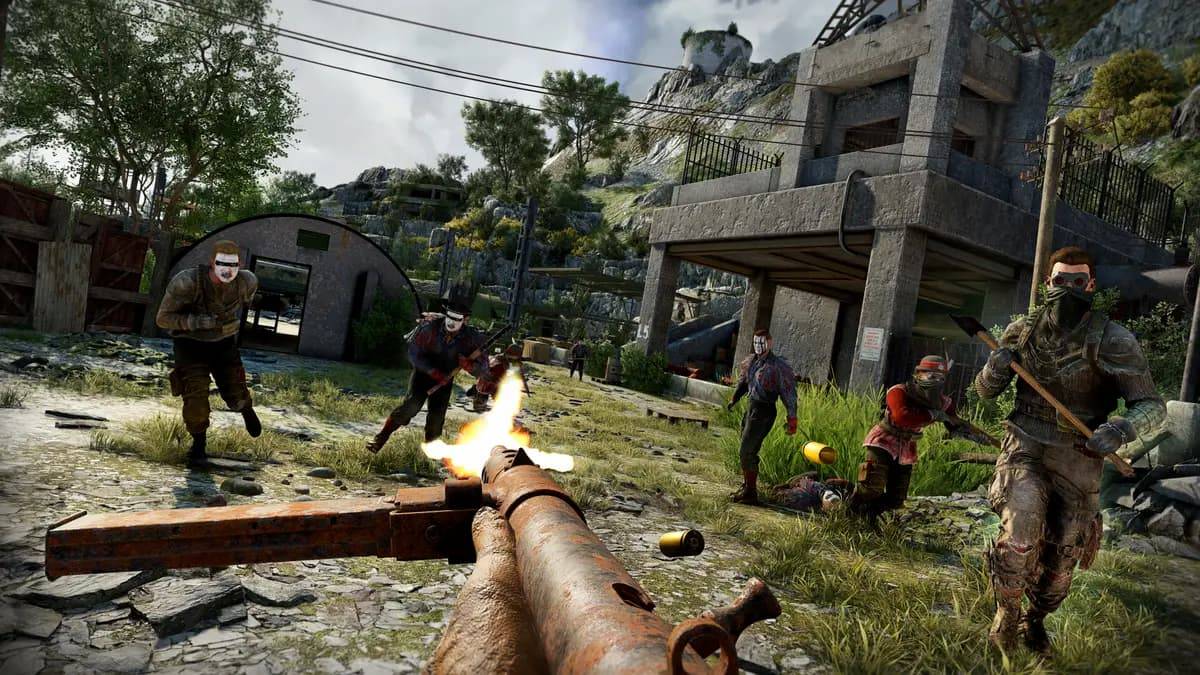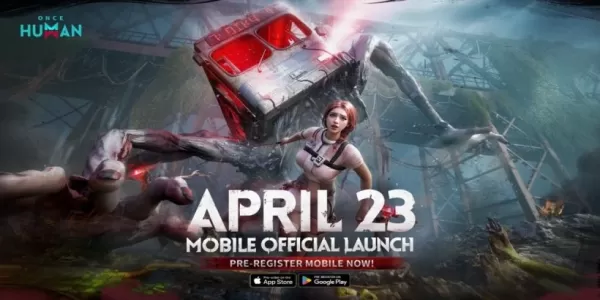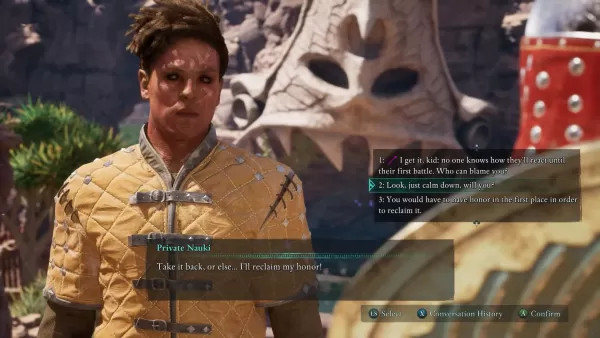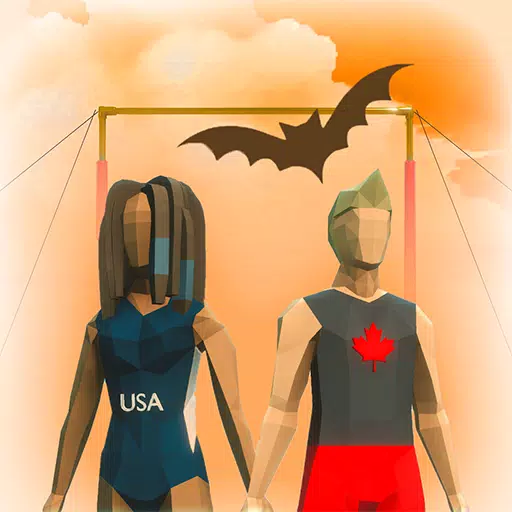By Azura, by Azura, by Azura – the rumors were true. Yesterday, Bethesda set the internet ablaze by finally unveiling Virtuos’ remaster (or is it really a remake?) of The Elder Scrolls IV: Oblivion. This surprise shadow-drop during an 'Elder Scrolls Direct' event quickly amassed hundreds of thousands of concurrent players. This global hype and celebration comes as a much-needed respite amidst the recent challenges faced by Bethesda Game Studios. From years of damage control following Fallout 76’s rocky launch to the lukewarm reception of their new sci-fi universe, Starfield, fans have been questioning whether Bethesda has lost its touch. With fierce competition in the RPG space from titles like Larian Studios’ Baldur’s Gate 3 and Obsidian’s The Outer Worlds, both hailed as spiritual successors to Elder Scrolls and Fallout, the anticipation for Elder Scrolls 6 and Fallout 5 is palpable. Yet, the re-release of Oblivion might be the first step toward reclaiming their former glory, albeit in an unexpected way.
At its zenith, Bethesda Game Studios was the undisputed champion of RPGs. Microsoft’s leaked FTC documents in 2020 revealed that Fallout 4 had sold a staggering 25 million units, with over 5 million units sold in its first week alone, according to VGChartz. In 2023, Todd Howard announced that Skyrim had surpassed 60 million sales, a figure undoubtedly boosted by its numerous re-releases. In contrast, Starfield's sales have been estimated at just over three million units a year-and-a-half post-launch, a figure that, despite considering Game Pass subscribers and the absence of a PlayStation version, likely falls short of expectations. Even Starfield's dedicated fanbase has expressed dissatisfaction with its first expansion, Shattered Space.
This situation presents a significant challenge for Bethesda. With Elder Scrolls 6 still years away and Fallout 5 merely a whisper in the studio's corridors, how can this once-iconic RPG developer recapture the hearts of its fans? The solution may lie in revisiting its storied past.
Rumors of the Elder Scrolls IV: Oblivion remaster surfaced in September 2023 when leaked Microsoft documents hinted at several unannounced Bethesda projects, including a remaster of the 2006 classic. Speculation continued until January 2025, when a former Virtuos employee leaked further details, sparking debates among Elder Scrolls fans reminiscent of the Stormcloaks versus Imperials divide. The dam finally broke last week, igniting the internet – Google searches for 'The Elder Scrolls VI: Oblivion' surged by 713% over the past week, reaching 6.4 million. Bethesda's reveal livestream peaked at over half a million concurrent viewers, and despite the leaks, over 600,000 tuned in to witness the re-reveal of a 19-year-old game. The fervor for the remaster was so intense that discount game key sites like CDKeys crashed, while Fanatical and Green Man Gaming experienced significant slowdowns. As of yesterday, Steam reported 125,000 concurrent players, with Oblivion firmly holding the #1 best-seller spot. The enthusiasm of Bethesda fans for Oblivion is as fiery as the flames spilling from the Oblivion gates themselves.
The message from players is clear: if you (re)build it, they will come. What better way to keep fans engaged during long development cycles than to invite them back to the mystical isles of Morrowind or the post-apocalyptic landscapes of the East Coast? From a commercial perspective, this approach makes perfect sense. While Bethesda's main team focuses on new projects, trusted partners like Virtuos can use existing blueprints to create remasters more quickly. These remasters tap into established audiences and serve as many gamers' first foray into RPGs within their respective generations. Reviving these classics also introduces a new generation to the intricate world of Tamriel or the ruins of Las Vegas and D.C.
Bethesda has successfully leveraged its catalog before. During the first season of the Fallout TV show on Prime Video, Fallout 4 saw discounts of up to 75% alongside a timely next-gen update that included nods to the show. As a result, Fallout 4 sales in Europe alone skyrocketed by over 7,500%, despite being nearly a decade old.
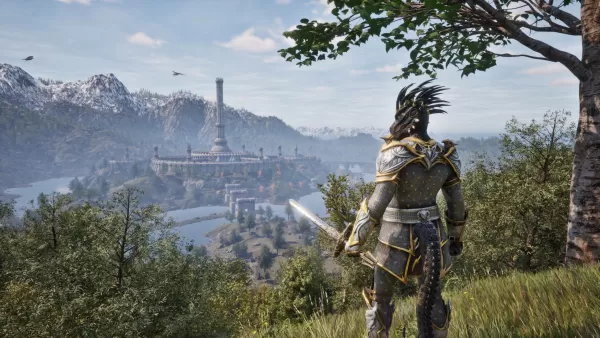
Oblivion Remastered offers a glimpse into the past that feels like the future. Image credit: Bethesda / Virtuos. Looking back at Microsoft’s leaked Bethesda roadmap, many noted that a Fallout 3 remaster was slated to follow Oblivion two years later. Although the timelines have shifted – Oblivion was originally planned for fiscal year 2022 – if the original intervals hold, a Fallout 3 remake might be on the horizon for 2026, coinciding with Fallout Season 2. Given the synergy between the first season of the Fallout TV show and Fallout 4, could Bethesda be planning a surprise New Vegas remake to align with the show's upcoming New Vegas-focused second season? The shadow-drop of Oblivion suggests that a New Vegas Remastered trailer could be waiting at the end of Fallout Season 2's finale.
The message from players is clear: if you (re)build it, they will come. However, if there's one game in Bethesda's catalog that truly deserves a remake, it's The Elder Scrolls III: Morrowind. Fans have been clamoring for this for years, with some even taking matters into their own hands by remaking Morrowind using Skyrim's tools, as seen with projects like Skyblivion. Yet, Morrowind poses unique challenges for a remake. It stands at a crossroads in Bethesda's evolution, built differently from modern Elder Scrolls games. It features partial voice acting, text-heavy storytelling, no quest markers, and simplistic combat physics. While Virtuos was able to update some of Oblivion's clunky systems, Morrowind's core is inherently clunky, which is both its charm and its challenge. Remaking Morrowind is a delicate balancing act: modernize too much, and you risk losing its original magic; retain too many outdated mechanics, and it may feel like a cumbersome relic.
AnswerSee ResultsWhen a studio becomes the icon of a gaming sub-genre, the challenge is to innovate and evolve while maintaining its audience. Rockstar Games has kept Grand Theft Auto players engaged for over a decade through the ever-expanding GTA Online, which funds the rumored exorbitant budget for GTA 6. Bethesda’s hallmark has been its richly detailed, expansive single-player worlds, unlike the multiplayer-focused Elder Scrolls Online and Fallout 76. However, the overwhelming response to Virtuos’ Oblivion remaster demonstrates that gamers are eager to revisit the historic depths of the Elder Scrolls series. While not every remaster is guaranteed success – as seen with Rockstar's GTA Definitive Editions – the careful craftsmanship behind Oblivion's remaster suggests a promising path for Bethesda to regain its standing as the king of modern RPGs by revitalizing its classic titles.

